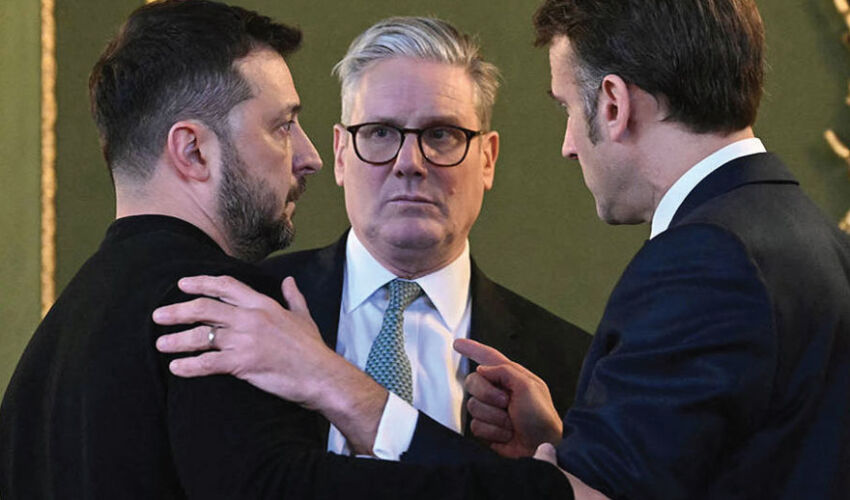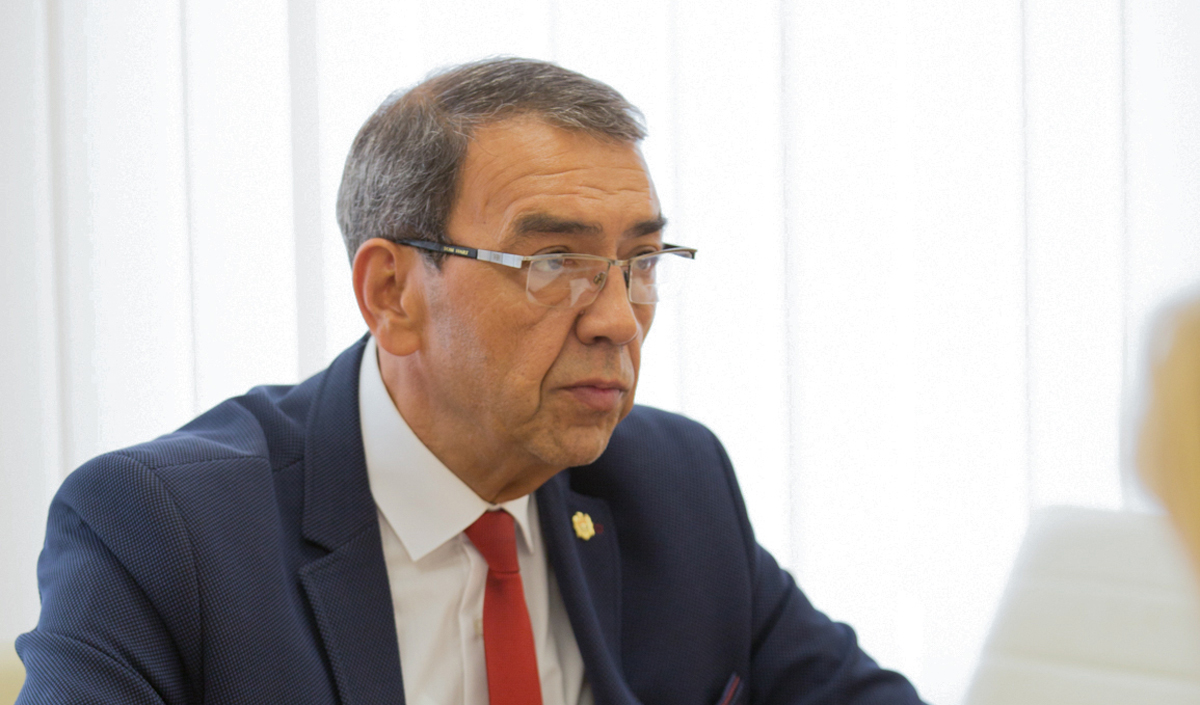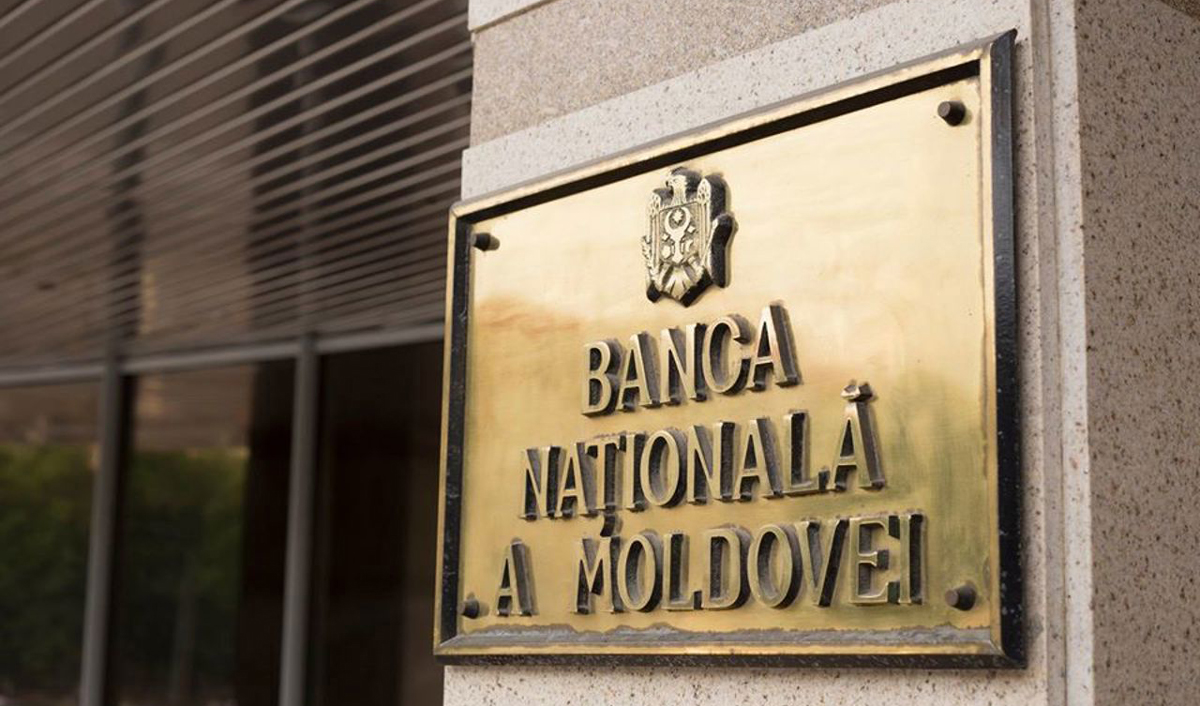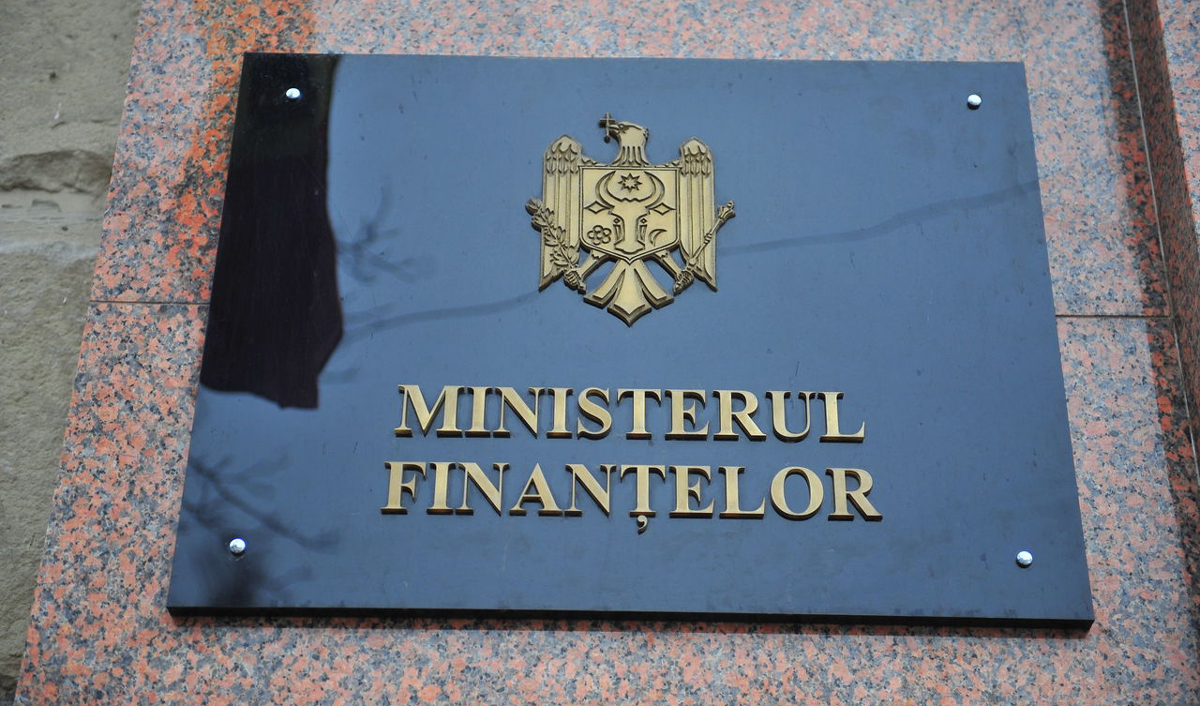
In any case, Trump rejects the very idea of the rule of law because he subordinates law to political interests: the law should be used when it serves the president’s interests and ignored when it does not. Agreements between countries (even those he himself signed) can be violated at will. 30 years ago, the U.S., along with Britain and Russia, promised to protect Ukraine’s territorial integrity by signing the Budapest Memorandum in December 1994. In exchange, Ukraine agreed to give up the world’s third largest nuclear arsenal inherited from the USSR. Russia violated the agreement by invading and illegally annexing Crimea in 2014, and now Ukraine has been betrayed by two parties to the agreement.
Trump’s refusal to keep his word to America is disgraceful. The Ukrainians held up their end of the bargain and expected the US to do the same. These betrayals have deadly consequences, and not just for Ukraine. For decades, Europe’s security has relied on Article 5 of the NATO treaty, which states that an attack on one NATO member is an attack on all. But it is now clear that the U.S. will defend Europe only if such defense is in Trump’s interests as he understands them. International law and treaty obligations mean nothing to him – just as they mean nothing to Putin.
Europeans are trying to adapt to this harsh reality. The immediate tasks are to create a self-sufficient defense force and to decide what to do with the $220 billion of Russian sovereign assets held in European jurisdictions (out of a total of $300-350 billion frozen in 2022). In June 2024, the G7 agreed to divert interest income ($50 billion) on these assets to provide financial assistance to Ukraine, and the European Commission made the first $3 billion payment in January 2025. But since the US is likely to stop disbursing financial aid, this half-measure is no longer enough. Europe must go further and seize all Russian assets under its control.
We wrote earlier that these assets should be used to finance Ukraine’s reconstruction, since the damage caused by Russian aggression far exceeds $220 billion. But now this money is needed even more. It is impossible to rebuild a country that continues to be attacked and partially occupied. Justice and common sense dictate that these resources go to fund Ukraine’s defense. Europe can use whatever legal maneuvers it needs, but it is important that Ukraine receive this money immediately so that it can buy military equipment and rebuild the infrastructure that Russia is constantly destroying.
There can’t even be a question of responsibility for this move. Russia cannot be allowed to claim that these assets are protected by law while it wipes the rule of law to dust and arbitrarily confiscates Western assets within its jurisdiction. It is in Europe’s own interest to provide these funds to Ukraine immediately. Anything Ukraine spends on defense will ultimately strengthen Europe’s own defense capabilities and stimulate its weakened economy.
There is no time to waste. Using these funds, as proposed, as collateral for a future International Claims Commission (ICC) will lead to unacceptable delays. The tide of authoritarianism is now on the rise and Europe has become the world’s bastion in the fight against it. European values, as well as the defense of civil liberties, democracy and human rights around the world, are on the front line.
As French President Emmanuel Macron recently put it, “Europe must rediscover the taste of risk, ambition and power.” If he and other European leaders want to prove in deed their verbal support for Ukraine after the Oval Office fiasco, they should seize the moment and confiscate Russia’s assets. Ukraine is now protecting all of Europe. And Europe should not hide behind legal excuses.
Andrew KOSENKO
is an assistant professor of economics in the School of Management at Marist College.
Joseph STIGLITZ
former chief economist of the World Bank, former chairman of the U.S. President’s Council of Economic Advisers, now a professor at Columbia University, Nobel Prize-winning economist.
(c) Project Syndicate, 2025.
www.project-syndicate.org













